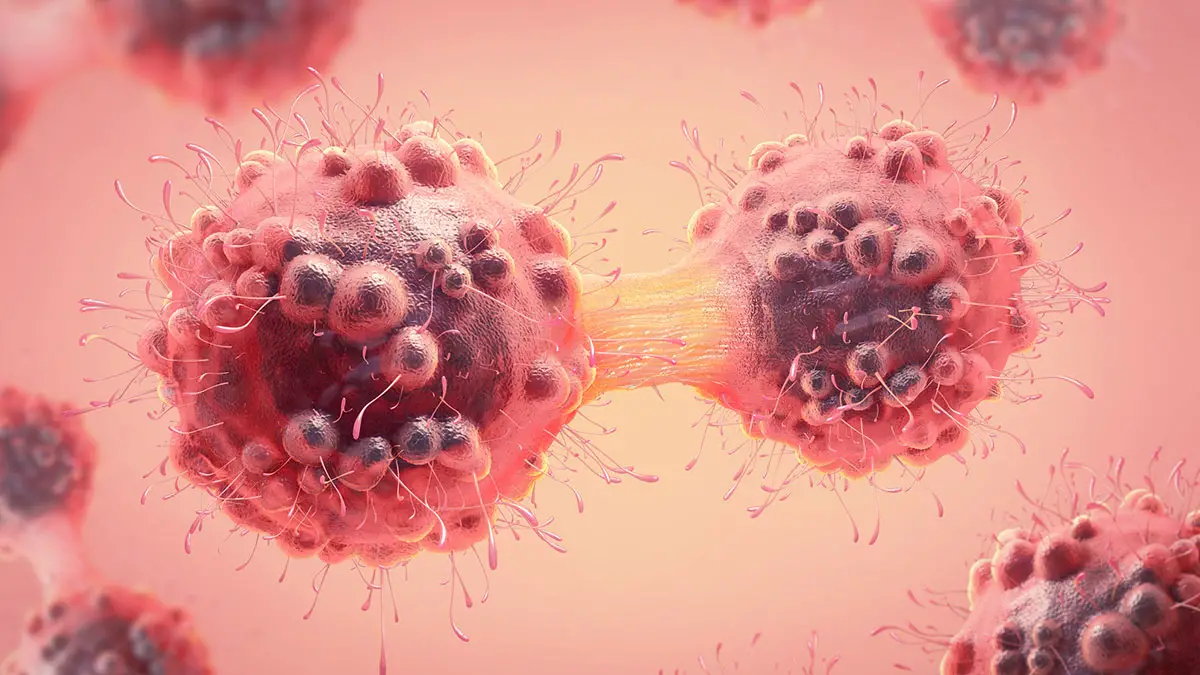
AstraZeneca and Daiichi Sankyo have revealed new data from datopotamab deruxtecan in triple negative breast cancer (TNBC) – and although it’s from a small patient group results look impressive.
To recap, AZ shelled out $1bn for rights to datopotamab last year, an antibody-drug conjugate (ADC) consisting of an antibody that targets tumours and a lethal payload that kills cancer cells.
The drug targets TROP2 (trophoblast cell-surface antigen 2), the same as Gilead’s Trodelvy (sacituzumab govitecan), the first in the class to get approval just over a year ago in TNBC.
But Gilead paid $21 billion to buy Immunomedics in September last year, making the deal between AZ and Daiichi look like small change.
However Trodelvy was already approved at the time, making it a much more valuable asset, and while the data from datopotamab look encouraging there’s still a long way to go before it hits the market.
Latest data from datopotamab showed a response rate of 43% in the 21 heavily pretreated triple-negative breast cancer patients.
However there was a 63% rate of stomatitis, with 13 at grade 3 or above, a safety signal that will be closely watched during clinical development.
It’s not considered good form to compare results from different drugs in different trials but both the efficacy and safety data have been talking points, compared with what’s known about Trodelvy.
The response looks stronger than with Gilead’s drug but the stomatitis signal looks much stronger too and could have implications later on in the clinical development or approval process.
Data came from 21 people in a triple-negative breast cancer (TNBC) cohort of the Tropion-Pantumor01 trial in patients who had failed a median four previous treatments with some being treated with immunotherapy and Trodelvy.
The cancer-killing portion of the drug is the same that is used in Enhertu (trastuzumab deruxtecan), which has been one of the success stories from AZ since it was approved by the FDA in 2019.
TNBC accounts for about 10-15% of breast cancers and its lack the oestrogen or progesterone receptors, or the HER2 expression that provide easy targets for cancers drugs.
The post AZ/Daiichi unveil data from TNBC hopeful datopotamab deruxtecan appeared first on .